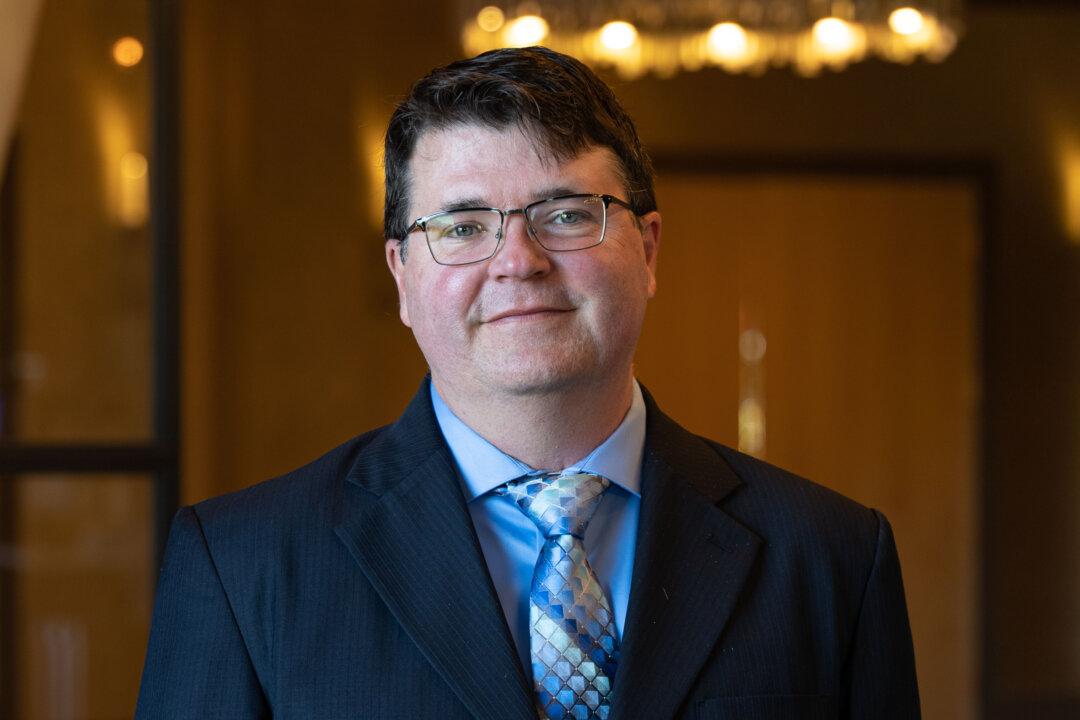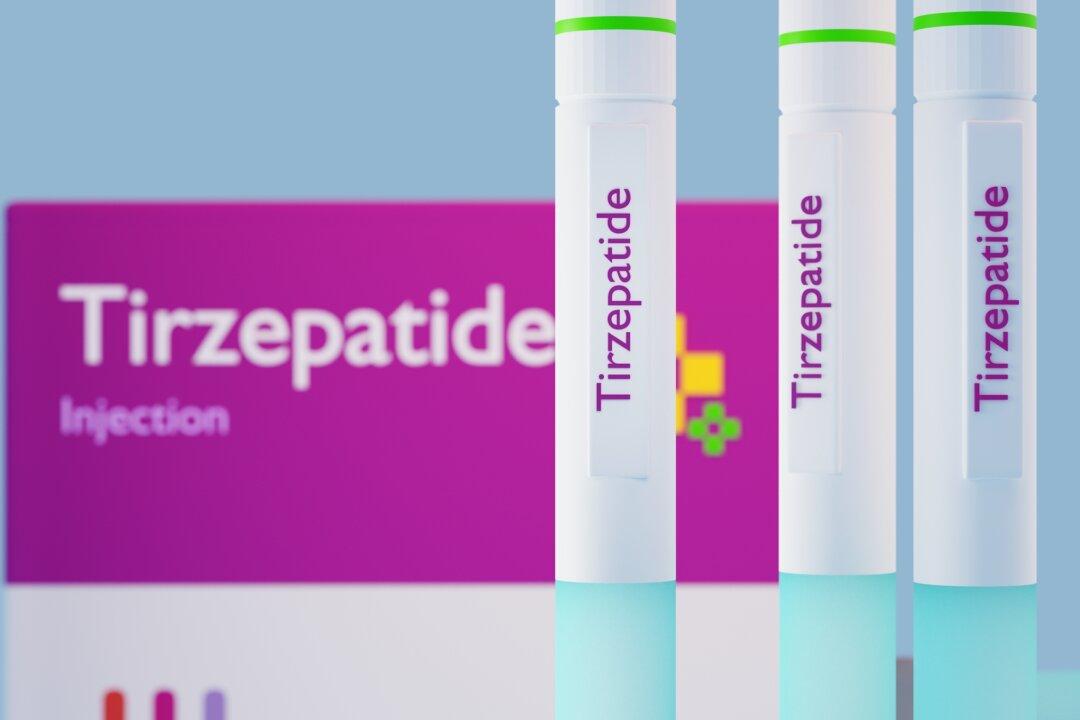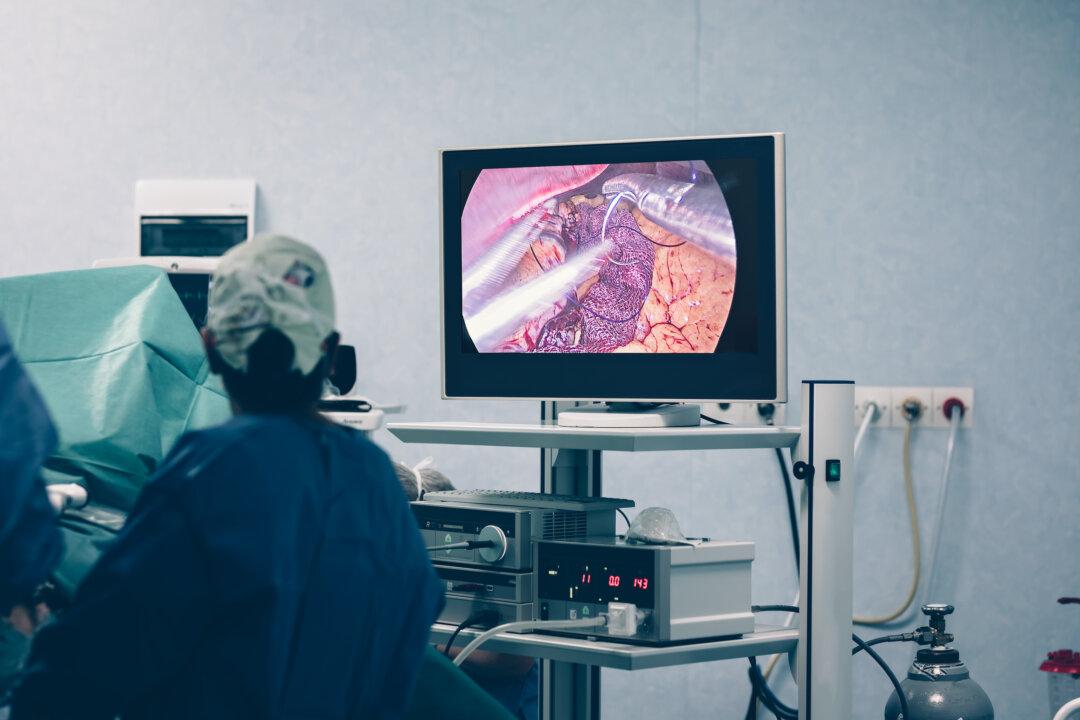Lockdowns, school closures, universal masking, vaccine mandates; these responses to COVID-19 are “self-destructive” and more politicized than scientific, according to immunologist Steven Templeton.
Templeton once worked for the Centers for Disease Control and Prevention (CDC) for four years. Now he’s an associate professor of Microbiology and Immunology at Indiana University. At the inaugural Brownstone Institute conference on Nov. 13, he shared his views with EpochTV’s “American Thought Leaders“ on why he has been critical of governments’ responses to COVID-19. The full interview will be premiere on EpochTV in coming weeks.






